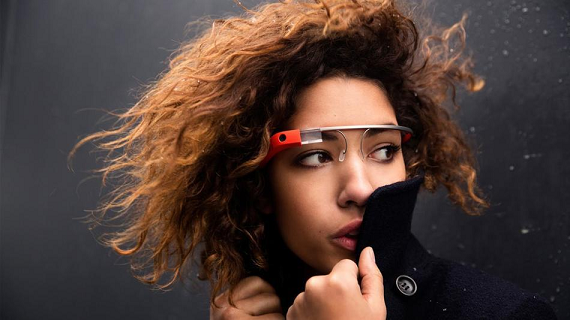
As more news about Google Glass comes out, and the product gets closer to actually being released, you should expect to hear more and more about the issue of privacy. The U.S. government has already expressed some trepidation over the issue, and it appears that ordinary people have much of the same concerns.
More than half, 51%, of people have some concern over the issue of privacy when it comes to “wearable technology,” such as Google Glass, according to a survey conducted by Rackspace, and Goldsmiths at the University of London. The survey asked for the opinions of 4,000 adults from the United Kingdom and the United States.
In addition, 61% of respondants said that wanted the devices to regulated, and a full 20% said that they thought that Google Glass should be banned altogether.
Those are some pretty harsh numbers, but the survey also found some pretty interesting numbers when it comes to wearable technology overall.
The survey also found that more than a third of those asked, 39%, said that had plans to use some form of wearable technology when he became more widely available, while 18% said that they were using it already.
But, most importantly, a clear majority have a positive opinion about such devices, and the impact they have on their lives.
A whopping 71% said that these types of devices enrich their lives “due to the rich data generated by the devices which is stored and analysed in the cloud.” Being able to access such data whenever they want has led people to believe that it can boost their intelligence, confidence, health, fitness and their love lives.
“We are at the beginning of massive mainstream uptake of wearable devices, with the launch of Google Glass set to further boost adoption. However, it is important to note that wearable technology and the cloud go hand in hand – together they provide the rich data insights that help users better manage many aspects of their lives,” Robert Scoble, Startup Liaison Officer and Technology Evangelist at Rackspace, said in a statement.
While Google Glass seems to be widely mistrusted so far, remember that we are talking about a device that has not even been released to the public yet. The overwhelming number of people who view such devices favorably would seem to suggest that people will be willing to come around to Google Glass if they find that it is safer, and less intrusive, than they originally thought. And there is still plenty of time for Google to prove that Glass can be as helpful as any other piece of wearable technology.
Google Glass privacy concerns
Private citizens are not the only ones with concerns over privacy issues when it comes to Glass.
Last month, the Congressional Bi-Partisan Privacy Caucus sent a letter to Google CEO Larry Page asking him to clear up concerns that they have over potential privacy violations with Google Glass.
The eight Representatives specifically asked Google to answer for how it would protect non-users, where it stores its data, and how Google would prove that it would see a repeat of 2010 incident in which Google was caught stealing private data, including the e-mails, passwords and text messages of the wireless home networks, while it was collecting data for its Street View feature on Google Maps.
There is no word on whether or not Page has answered the questions posed to him by the Representatives.
(Image source: http://mashable.com)
















